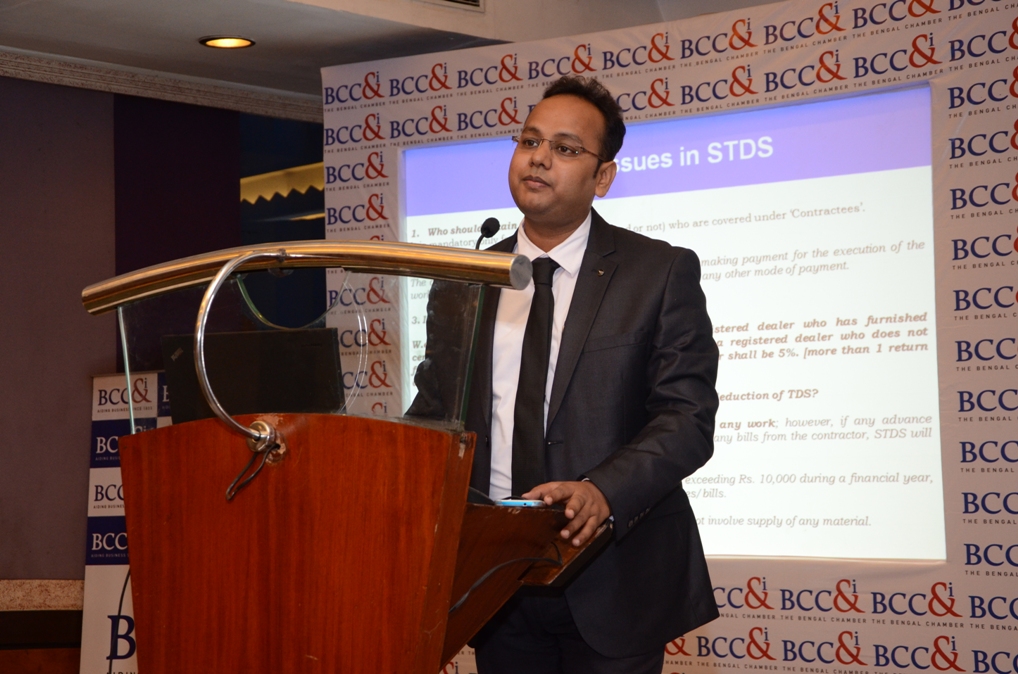Explore the recent amendments to the Prevention of Money-Laundering Act, 2002, making regulations on cryptocurrency transactions more stringent. Understand the expanded scope, documentation requirements, and implications for reporting entities under the PMLA Act.
The Ministry of Finance has notified an amendment in Prevention of Money-Laundering Act, 2002. The amendment aims to expand the scope of the Act to cover a wide range of cryptocurrency or virtual digital assets (VDA) transactions under the purview of PMLA, 2002. Under the new amendment, activities by a person carrying on designated business or profession under section 2(1)(sa) of the PMLA, 2002, shall also include the activities involving exchange between VDAs and fiat currencies, or exchange between one or more forms of VDA and transfer of VDA; Also to store VDA which enables control over VDA as well as participation in and provision of financial services related to a VDA would be covered. An entity dealing in VDAs will now be considered a ‘reporting entity’ under the PMLA.
Further maintenance of records have been made more elaborate wherein on the one hand non-profit organisations have been linked to those NPOs which are constituted u/s 2(15) of the IT Act, on the other hand Even a 10% and not 15% of controlling interest in a trust would make a person have beneficial interest in the trust. In addition to other details, now if a client is a trust, then documents relating to all trustees have to be submitted by the reporting entity. If the client is a non-profit organization, reporting entities must also register the client’s information on the NITI Aayog’s DARPAN portal.
In line with existing provisions of The Income-Tax Act, 1961 and The Companies Act, the amended rules have now lowered the threshold for identifying beneficial owners by reporting entities, where the client is acting on behalf of its beneficial owner. Even a 10% and not 25% of controlling interest in a Company would make a person have beneficial interest in the company; In addition to other details, now a reporting entity has to file details of a client company disclosing the names of the relevant persons holding senior management position; incase client is a partnership firm then documents relating to beneficial owner, managers, officers or employees have to be filed; The amendments require “reporting entities”- banks, other financial institutions, and businesses operating in the real estate and jewellery industries – to gather data on each person.

The necessary due diligence documentation has now expanded beyond just getting the fundamental KYCs of clients, such as registration certificates, PAN copies, and documents of officers with the authority to act on their behalf. Depending on the legal structure of the firm, it now also involves the submission of information, such as the names of those in top management positions, partners, beneficiaries, trustees, settlors, and writers. Moreover, clients must now provide information about their registered office and primary place of business to financial institutions, banks, or intermediaries.
One important development is that Politically exposed persons have been defined to mean as individuals who have been entrusted with prominent public functions by a foreign country, including the heads of States or Governments, senior politicians, senior government or judicial or military officers, senior executives of state-owned corporations and important political party officials. There would certainly be compliance norms for these persons too.
All these developments are expected to have a major impact on the implementation of PMLA Act going forward.





